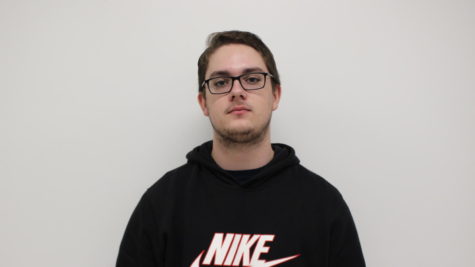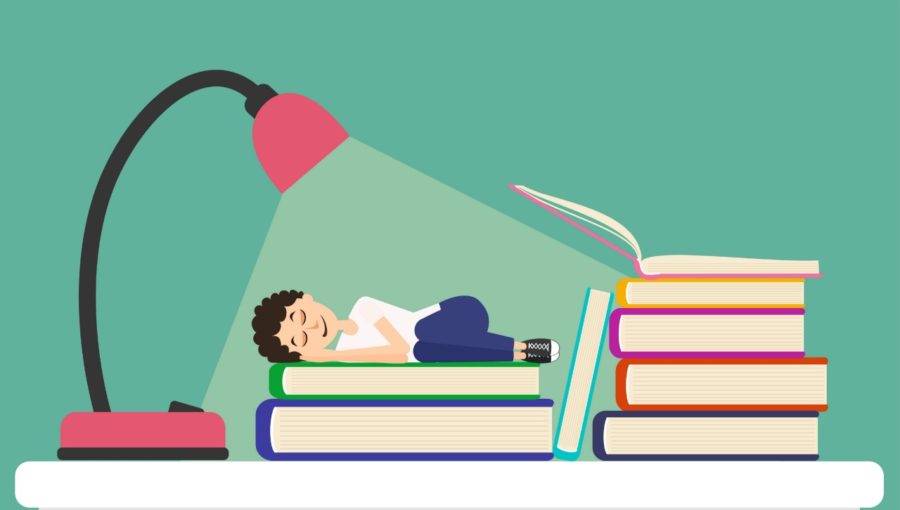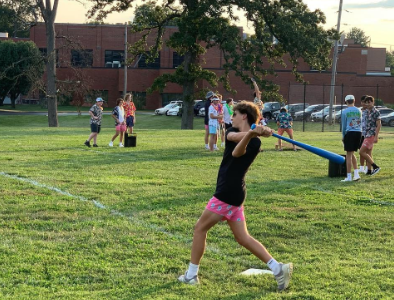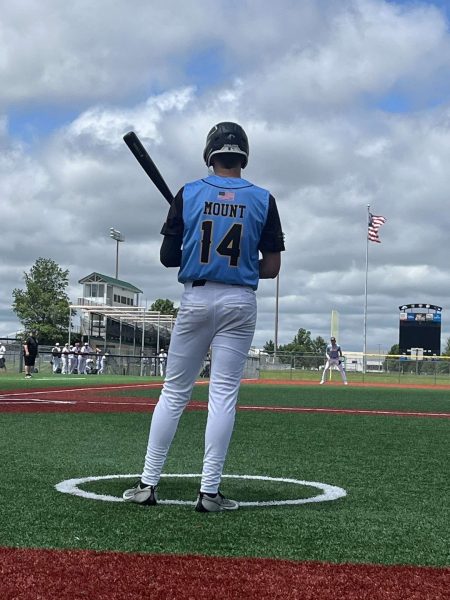Mehlville Students Struggling with Sleep
Photo by Dreams.co.uk
Sleep deprivation is running rampant in schools across the United States, and Mehlville High School is no exception.
According to a poll conducted by Mehlville Media, the majority of students (34.8%) reported that they get six hours of sleep on average, with another 20% of students saying that they get five hours of sleep and an additional 20% of students saying that they get seven hours of sleep. Also, 48% of students said that their lack of sleep affects them somewhat, with another 40% of students saying that it affects them very much. The rest of the respondents either gave custom responses or said it doesn’t affect them at all.
Additionally, Stanford Medicine had this to say about how much sleep high school students are getting,
“The most recent national poll shows that more than 87 percent of U.S. high school students get far less than the recommended eight to 10 hours of sleep each night.”
The effects of sleep deprivation are widely known in the scientific community. According to Stanford Medicine,
“Sleep deprivation increases the likelihood teens will suffer myriad negative consequences, including an inability to concentrate, poor grades, drowsy-driving incidents, anxiety, depression, thoughts of suicide and even suicide attempts.”
It’s clear that sleep deprivation can be detrimental to not only a student’s academics, but also to their mental and physical health. But what do staff members at Mehlville High School have to say about this issue?
Mehlville Media asked Kristen Dodd, AP Psychology teacher, about the effects of sleep deprivation on the mind.
“Those that are not getting the suggested and required amount of sleep are possibly struggling mentally. There could be a link with depression or anxiety because of the stress that they feel from not having the right amount of sleep,” Dodd said.
When asked the same question, Dr. David Pitts, the counselor for the senior class at Mehlville High School, said this,
“There are several adverse effects like depression, anxiety, and in some cases things like hallucinations and even just the physical symptoms; it can be linked to diabetes and all sorts of different stuff. There is definitely a link. Your body definitely needs sleep. Your brain definitely needs sleep.”
Clearly sleep is vital to a student’s academic success and health in general. Some feel that it’s the responsibility of the students to help themselves and get the required amount of sleep that is so vital to their well-being. On the other hand, many teens feel that they simply don’t have the time to sleep due to time-consuming things such as schoolwork, extracurriculars, and having a job.
Everyone could use some more sleep. It’s not easy being a student, but simple fixes such as better time-management, decreasing caffeine consumption and sleeping in a dark, cool room can help teens get a better night of sleep.

Joey Gagne is a senior. This is his first year in Mehlville Media. He enjoys following football and basketball and playing video games. His favorite NFL...








